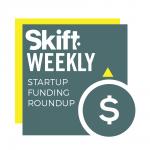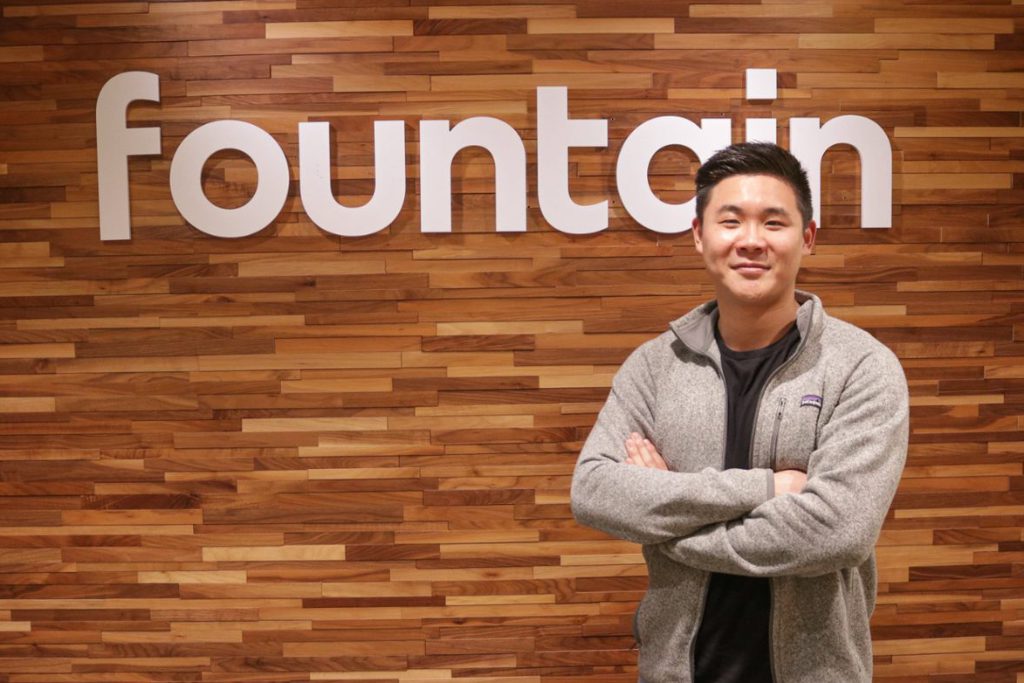Skift Take
This week, travel startups announced more than $437 million in funding. Blockchain-based identify management, hospitality worker recruitment, airline distribution, attractions ticketing, and short-term rental property management were some of the hot concepts attracting investors.

Travel Startup Funding This Week
Each week we round up travel startups that have recently received or announced funding. Please email Travel Tech Reporter Justin Dawes at [email protected] if you have funding news.
This week, travel startups announced more than $437 million in funding.
Earlier this week, we covered a few significant investments.
Vacasa, a property management service for short-term rentals, raised $319 million in a Series C round, led by private equity financing from Silver Lake.
Airbnb led a $60 million Series C round in Tiqets, a technology vendor in the sightseeing and experiences sector.
Duffel, an airline distribution tech company, raised $30 million in a Series B round of investment led by Index Ventures.
Here are other companies that disclosed this week they had raised funding.
>>Fountain, an online recruiting service for gig and hourly workers, raised a $23 million Series B funding round.
DCM led the round, which brought the startup’s total fundraising to $34 million.
While not a travel startup, Fountain may appeal to the hospitality sector as a source for talent scouting. Founded in 2015, Fountain has placed more than four million jobs.
>>Zamna, a biometric-based passenger identity validation service for airlines and governments, has raised $5 million in seed investment.
LocalGlobe and Oxford Capital led the round, with IAG (International Airlines Group) and other investors participating.
Zamna uses blockchain, or distributed ledger technology, for sharing and verifying data to vet passenger identities securely.
>>LuckyTrip, a travel booking service, raised a $2 million (£1.5 million) investment via crowdfunding platform CrowdCube, Syndicate Room, and other private investors.
Lucky Trip says its mobile app has been downloaded a half-million times in the UK and that its monthly revenue averages in the six figures. The startup is a graduate of two startup accelerators, Founders Factory and Hangar 51.
Skift Cheat Sheet:
We define a startup as a company formed to test and build a repeatable and scalable business model. Few companies meet that definition. The rare ones that do often attract venture capital. Their funding rounds come in waves.
Seed capital is money used to start a business, often led by angel investors and friends or family.
Series A financing is typically drawn from venture capitalists. The round aims to help a startup’s founders make sure that their product is something that customers truly want to buy.
Series B financing is mainly about venture capitalist firms helping a company grow faster. These fundraising rounds can assist in recruiting skilled workers and developing cost-effective marketing.
Series C financing is ordinarily about helping a company expand, such as through acquisitions. In addition to VCs, hedge funds, investment banks, and private equity firms often participate.
Series D, E and beyond These mainly mature businesses and the funding round may help a company prepare to go public or be acquired. A variety of types of private investors might participate.
Check out Skift’s Top Travel Startups to Watch in 2019, here.
The Daily Newsletter
Our daily coverage of the global travel industry. Written by editors and analysts from across Skift’s brands.
Have a confidential tip for Skift? Get in touch
Tags: funding, startups, vcroundup
Photo credit: Shown here is Keith Ryu, CEO and co-founder of Fountain, a hospitality recruitment startup that has raised additional funding. Fountain
